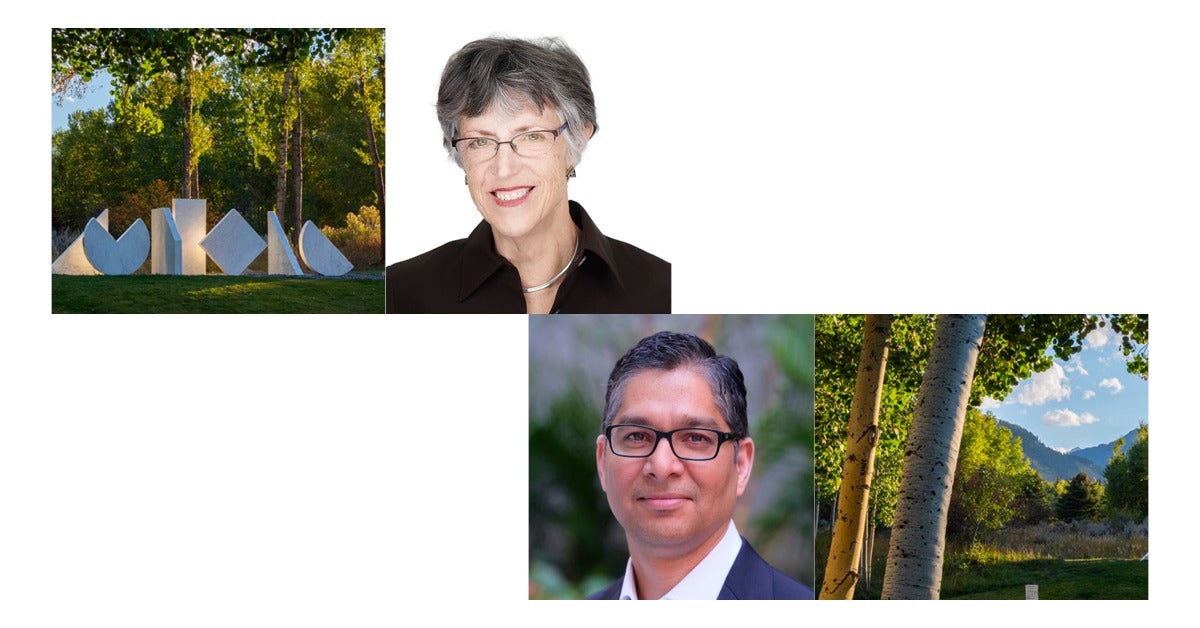This post is part of a series of interviews with thought leaders to explore issues on the frontier of the complex domain of ESG.
![]()
We have come to expect equity investors to interrogate companies on ESG performance across a range of complicated topics, especially climate risk, but how about ESG conversations in the debt markets? Sheru Chowdhry, founder of New York-based event-driven, credit hedge fund DSC Meridian Capital, is opening up the ESG lens on debt.
The potential impact is significant. Although the high-yield market is just 3% of the total value of the U.S. fixed income market, the carbon footprint of companies in this asset class accounts for a third of US greenhouse gas emissions. That’s because high-yield companies are often in oil and gas, steel, metals, mining, airlines and chemical sectors. “If you really care about climate—and moving the world towards net zero—as an investor you have to engage with high yield issuers,” says Chowdhry.
In addition to active engagement with issuers, one year ago DSC Meridian Capital launched the Climate Action Fund with approximately $100mil in assets focused on a dual mandate. It seeks to generate risk-adjusted returns for investors across the credit cycle. The Fund also aims to align portfolio companies with the objectives of the Paris Climate Agreement to limit their contribution to rising global temperatures, a commitment reiterated in the fund’s Q1 letter to investors.
Before founding DSC Meridian Capital, Chowdhry was Partner and Global Head of Corporate Credit Research for Paulson & Co where he managed the firm’s multi-billion-dollar credit franchise and led the creditor committees of some of the largest bankruptcies post Global Financial Crisis.
Recently, Judy Samuelson spoke with Sheru Chowdhry to learn more about the pioneering strategies he and his team are pursuing to reduce the carbon footprint of corporate debtors—and why he hopes others will follow his lead.

Judy Samuelson: DSC Meridian calls itself an “opportunistic, event-driven credit investment firm.” What does that mean?
Sheru Chowdhry: We invest across the corporate credit spectrum—generally bonds or bank debt—typically in stressed or distressed companies. These companies are confronting a major adverse event such as bankruptcy reorganization, litigation, or liquidations. The opportunity for the investor is that they can earn a higher rate of return by lending to these companies than they can for more highly rated issuers. Plus, debt is always safer than equities because in bankruptcy creditors get paid first.
JS: Tell me about making the case for adding ESG analysis to this business model?
Chowdhry: We bring a financial perspective and an ESG perspective to every security we underwrite. And we have a laser focus on climate change. Social issues and governance issues are important to us, but climate issues and decarbonization are primary.
We know that a lot of the dislocations that create event-driven investment opportunities in credit markets happen as a result of much bigger societal events—like the dot com bubble, the financial crisis in 2007, and the Covid-19 pandemic. We believe decarbonization is one of the most significant global disruptions today, just like digitalization was 20 years ago. It creates enormous risks and opportunities for companies.
The need to address the climate crisis is not only changing the behavior of those who allocate capital, it is changing asset managers’ behaviors. It is changing consumer behavior, and it is now shaping corporate behavior. As an investment manager, we can take advantage of decarbonization trends on the long and the short side across a lot of different industries, and we are one of the few event-driven hedge funds to do so.
JS: We’ve seen what climate activism can do in the equity market. What are the challenges in debt markets? Where’s the opportunity to engage with companies?
Chowdhry: In the credit space we have a limited field for activism. We can’t run proxy battles if companies pay our coupons and pay off their debt.
Also, initially when we are working with companies in distress, our first job is to give the company liquidity and to fix its capital structure before we start pushing our ESG-related agenda.
That said, even non-distressed high yield companies talk with their creditors a lot—about cash flows, liquidity, leverage and debt covenants—so there are many opportunities to engage not only on financial issues but on ESG concerns as well.
Once the financial situation has stabilized, we can start talking with management and the board to get them to understand why they need to focus on decarbonization in order to thrive in the long-term.
Sometimes, it’s just about asking a question such as, “We like your bonds, but we want to see if you can fit into our Climate Action Fund. What are you doing on the ESG or climate side?” This possibility of qualifying for such funds is very appealing to them because there is so much capital chasing ESG opportunities right now. They realize there is a pool of capital looking at good ESG actors, and they want to be included because it helps increase their equity multiple and lower their cost of capital.
JS: What about ESG disclosures by high yield companies?
Chowdhry: High yield companies tend to be in the “Dark Ages” on disclosure. What we have found is that about 90% of the S&P 500 companies have active ESG disclosures. It starts to fall off when you look at the bottom 500 of the Russell 1000. And last year we did an analysis and found that when you look at high yield companies, only 15% of 963 issuers actually disclose Scope 1 and Scope 2 emissions. They don’t have the expertise, the resources, or the impetus to measure their emissions performance.
We believe companies disclose these data when investors demand it. The demand just isn’t there yet for high yield companies. But as more and more investors like us begin to ask for this information, we’ll see disclosures increase.
JS: What do you ask of those companies that do have the resources to measure and disclose?
Chowdhry: We have identified five KPIs [Key Performance Indicators] that push companies toward decarbonization.
The first is to measure and disclose their Scope 1 and 2 greenhouse gas emissions.
Second is to set a net zero objective—whether it’s for 2040 or 2050 or beyond.
Third is to implement year-over-year science-based reduction targets to bring their carbon intensity down.
Fourth is about engaging the board on ESG issues. We want to know that directors have the right skills to understand the risks and opportunities associated with decarbonization and to weave it into their business strategy.
Fifth is having some amount of executive compensation tied to ESG goals.
The Holy Grail for companies is to achieve all five.
JS: What’s next? How do you see your work as high-yield and climate impact investors evolving?
Chowdhry: Despite all the challenges we face today, I’m quite optimistic. When we speak with capital allocators, companies, and consumers, we find that there is so much more awareness of ESG. There is increasing pressure to disclose and reduce emissions. If we can get more asset managers like us to ask questions about social and environmental performance, it will pressure companies to move the ball forward across all E, S, and G issues.
Companies want to be able to answer questions from those who provide capital—equity or debt. For us, I always come back to what we can control and influence, and the opportunities we see in this small asset class we call high-yield.
![]()
This post is part of a series of interviews with thought leaders to explore issues on the frontier of the complex domain of ESG. In our inaugural Aspen ESG Summit in Aspen, Colorado July 11-13, we will continue to seek fresh insights on ESG strategies and practices as catalysts for positive change.
SUBSCRIBE TO OUR MONTHLY NEWSLETTER!
Want more insights like these on business and the health of society? Sign up to receive thought leadership and updates from the Business & Society Program each month!

